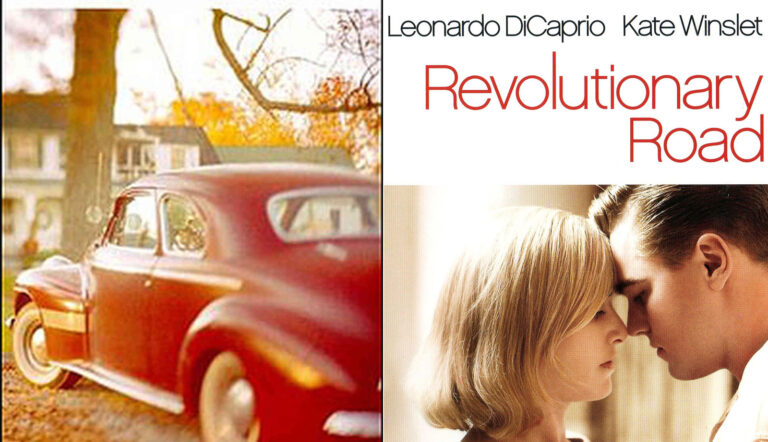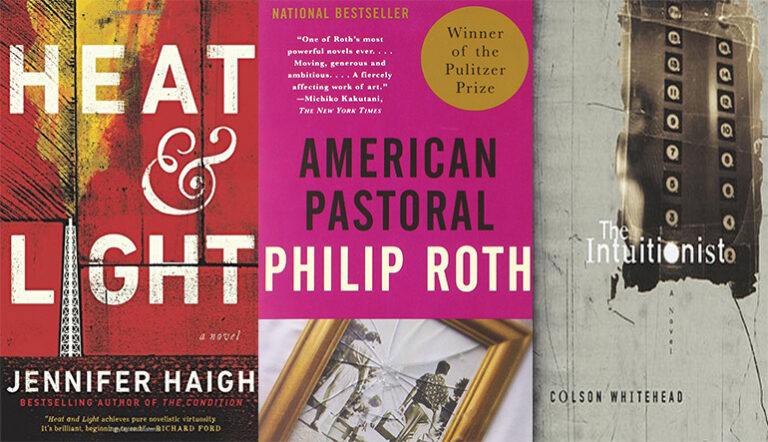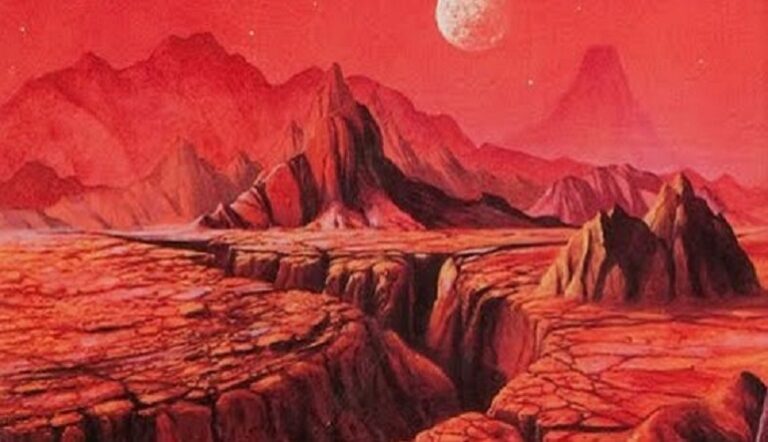Moments in the Rose-Garden: The Literature of Stillness
When my brother and I were kids, my parents would watch what we called “screensaver movies”: films that moved at a leisurely pace and boasted periods of little action in the traditional sense, featuring instead long, lingering shots of landscapes, interiors, characters’ expressions. We mocked and groused.








